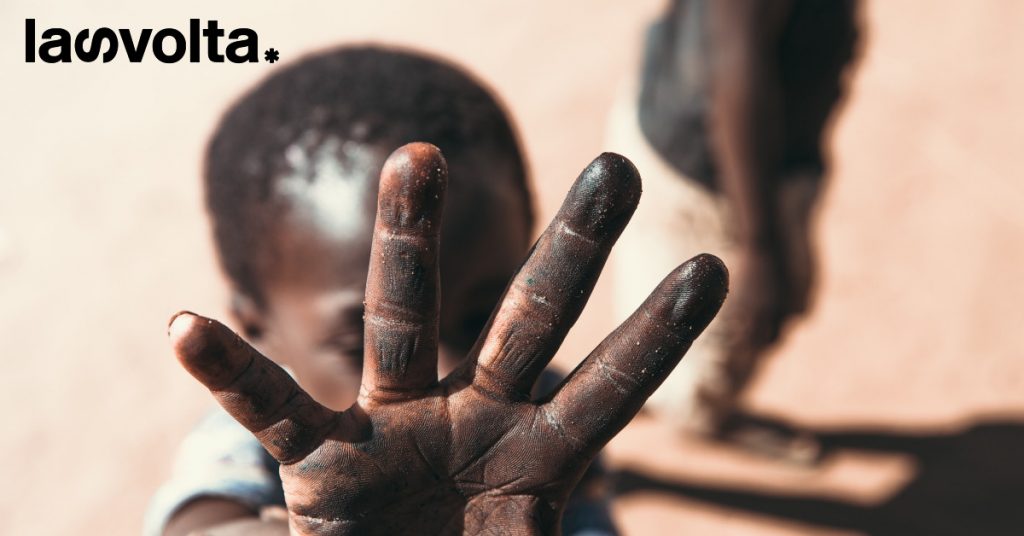Learning poverty: the case of early childhood development

Did you know that according to the 2019World Bankreport, over83%of children in Uganda under the age of 10 cannot read proficiently and comprehend? Well, this situation is classified aslearning poverty.This means that a child can not read a simple text like “book” and understand what a “book” is. Globally, due to the effects of Covid 19, learning poverty has surged to 70%, withSub-Sahara African 2022 simulation estimates close to 90%according to a report compiled in June 2022 byThe World Bank,Unesco,Unicef,Foreign Commonwealth and Development Office,UsaidandBill and Melinda Gates Foundation:“State of Global Learning Poverty”. So, one would go ahead to ask themselveswhy does Africa’s educational outlook paint a grim story? There have been past efforts towards creating access to education by several African governments including the provision of free Universal Primary Education. Among the42 countries that now provide free primary education,there are Uganda,Kenya, Tanzania, Malawi and Ghana, which have exhibited a remarkable impact on school enrolment. There have also been efforts around free secondary education in African countries, like Tanzania, but no mention of efforts aroundEarly Childhood Development(ECD) and education. Multiple researches and evidence for example; by theFirst Five Years Fundhave brought to light the importance and positive impact thatECD programshave on children in their later ages with instilling in them basic literacy, numeracy and executive function skills at a foundational level. However, investments in ECD are quite low in Sub Saharan Africa and inAfricaat large. In Uganda, the ECD sector has been largely left into the hands of the private sector that looks at providing quality education at high cost, thus leaving out over 80% of children who reside in rural and vulnerable communities. One of my brothers, made a comment a few weeks ago about how the best family planning method comes from having a child in pre-school because their fees are quite expensive. Personally, I have also heard a number of parents making comments on this too. Most pre-schools in the urban setting in Uganda cost around 50 to 600 euro per academic term and this is dependent on the location of the school. One would say that this has contributed to the 60% of children ages 3-5 years in Uganda who do not have access to ECD centers. The lack of prioritization andlow investments in Early Child Developmentcould also be linked to the high school drop-out rate in the early primary years in Sub-Saharan Africa. TheUN Educational, Scientific and Cultural Organization(Unesco) also estimated that 68% of children in Uganda who enroll in primary school are likely to drop out before finishing the prescribed seven years, and the rate is higher for girls. This is not any different inSouth Africawhere there arelittle investments made in the ECD sector.According to theECD census report 2021issued in this country, 34% of children are enrolled in an Early Learning Program. In addition, in terms of infrastructures, only60%of the ECD programs that were surveyed had flush toilets and a third of the schools lacked water facilities. This clearly shows that even when there are efforts around Early Childhood Development, there is still a gap around elements that are important to set children on a trajectory to success and help them to develop holistically, such assafe environments that enable them to learn through play,trained teachersandeducational materials. Imagine a generation where people can not read their own name, or maybe a road sign that is likely to save their own life. We all can not run away from the fact that early education instills sold foundational skills that are later realized in one’s life. From basic literacy and numeracy skills, to managing time, and to controlling emotions, these are all concepts best introduced and understood at the earliest stages in life. I only have one question for you, if we are in a global learning crisis,how can we fight learning poverty without prioritizing Early Childhood Development?This leaves the future of millions of children at stake.